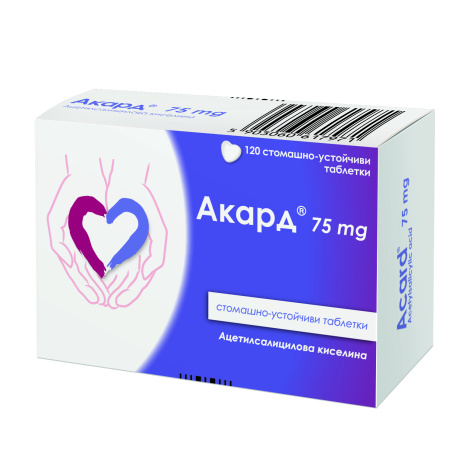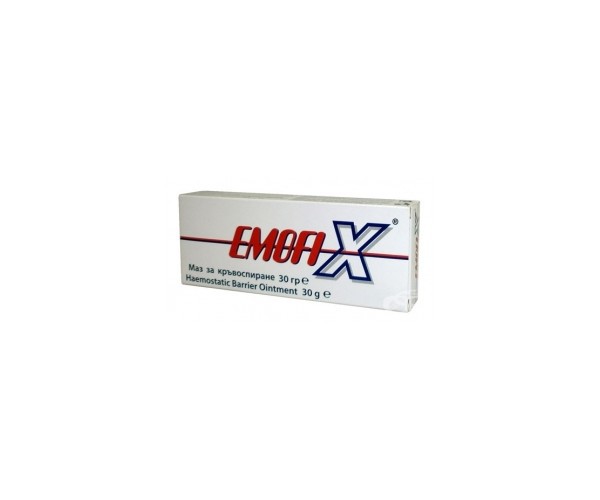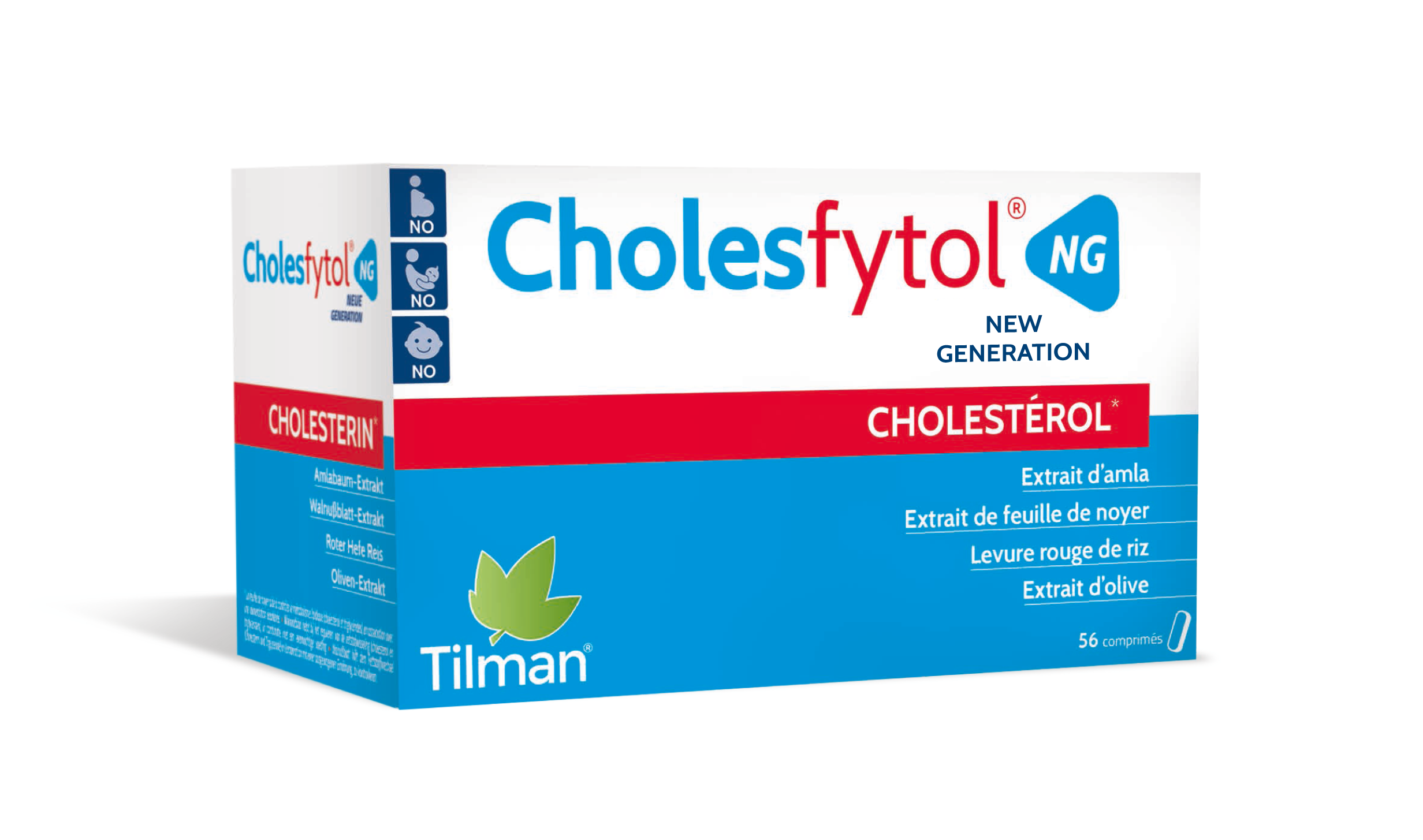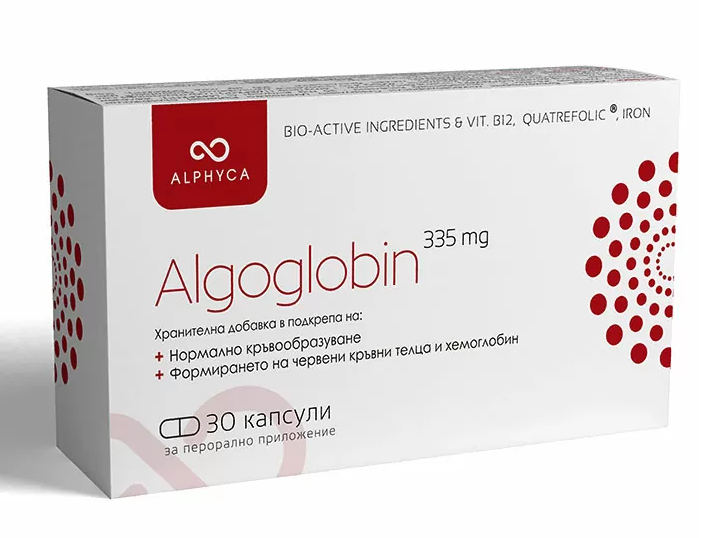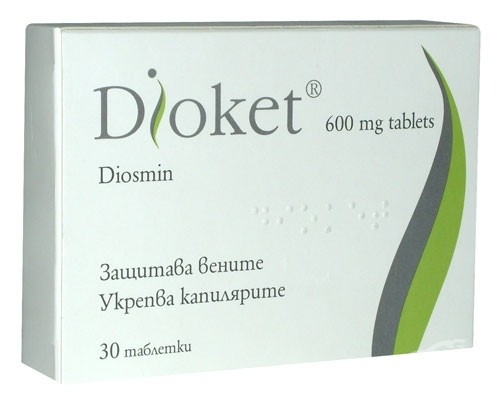ACARD 75mg x 120 tabl
Leaflet: patient information
AKARD 75 mg gastro-resistant tablets
AKARD 150 mg gastro-resistant tablets
Acetylsalicylic acid
ACARD 75 mg gastro-resistant tablets
ACARD 150 mg gastro-resistant tablets
Acetylsalicylic acid
Read all of this leaflet carefully before you start taking this medicine because it contains important information for you.
Always take this medicine exactly as described in this leaflet or as your doctor or pharmacist has told you.
- Keep this leaflet. You may need to read it again.
- If you need further information or advice, ask your pharmacist.
- If you get any side effects, tell your doctor or pharmacist. This also includes any possible side effects not described in this leaflet. See point 4.
- If you do not feel better or your condition worsens, you should seek medical attention.
What this leaflet contains
1. What Akard is and what it is used for
2. What you need to know before you take Akard
3. How to take Akard
4. Possible side effects
5. How to store Akard
6. Contents of the package and additional information
1. What Akard is and what it is used for
Akard contains acetylsalicylic acid, which in low doses belongs to a group of medicines called antiplatelet agents. Platelets are small cells in the blood that cause blood to clot and are involved in thrombosis. When a blood clot forms in an artery, it stops blood flow and reduces the flow of oxygen. When this happens in the heart, it can cause a heart attack or angina; in the brain can cause a stroke.
Akard is used to reduce the risk of blood clots and thus prevent further:
- heart attacks
- strokes
- cardiovascular problems in patients who suffer from unstable angina (a type of chest pain).
Akard is also used to prevent blood clots from forming after certain types of heart surgery, to widen or unblock blood vessels.
Akard is not recommended in emergency situations. It is limited to secondary prevention in chronic treatment.
2. What you need to know before you take Akard
Do not take Akard
- if you are allergic to acetylsalicylic acid, to other salicylates or to any of the other ingredients of this medicine (listed in section 6);
- if you have a bleeding diathesis or coagulation disorders: hemophilia (a blood clotting disorder that slows down the blood clotting process), thrombocytopenia (a condition in which you have a low number of platelets in your blood. This condition is sometimes associated with impaired bleeding);
- if you have or have ever had a stomach or small bowel ulcer or any other type of bleeding such as a stroke;
- if you have severe kidney damage;
- if you have severe liver damage;
- if you have severe heart failure;
- if you have asthma. History of an aspirin-induced asthma attack due to salicylates or medicinal products with a similar effect, especially non-steroidal anti-inflammatory drugs (NSAIDs);
- if you are taking methotrexate (eg for cancer or rheumatoid arthritis) at doses of 15 mg/week or greater;
- if you are in the third trimester of pregnancy;
- in children and adolescents under 16 years of age, due to the risk of Reye's syndrome (see below).
Warnings and precautions
Talk to your doctor or pharmacist before taking Akard:
- if you are in the first or second trimester of pregnancy;
- if you are breastfeeding;
- in case of hypersensitivity to non-steroidal anti-inflammatory and anti-rheumatic medicinal products or other allergenic substances;
- if you are taking anticoagulants (used to prevent blood clots);
- if you are taking ibuprofen, which can affect the antiplatelet effect of acetylsalicylic acid;
- if you have kidney or liver damage;
- if you have high blood pressure and/or heart failure
- if you have a history of peptic ulcer or gastrointestinal bleeding;
- if you are elderly;
- if you have gout;
- if you have heavy menstrual cycles;
- if you suffer from glucose-6-phosphate dehydrogenase deficiency.
Akard is not suitable for use as an anti-inflammatory/analgesic/antipyretic.
You should seek medical help immediately if your symptoms worsen or if serious or unexpected side effects occur, such as symptoms of unusual bleeding, serious skin reactions or other signs of a serious allergy (see the section "Possible side effects").
Akard should not be used for 5 days before planned surgery (including minor procedures such as tooth extraction).
Children and adolescents
In the course of some viral diseases, especially in cases of influenza A, influenza B or varicella virus infections, there is a risk of Reye's syndrome, a rare but life-threatening disease, mainly in children and adolescents. Persistent vomiting during the course of the infection may be an indicator of Reye's syndrome, which requires immediate medical attention.
The risk of Reye's syndrome in the course of viral infections may increase with the simultaneous use of acetylsalicylic acid, although a causal relationship has not been established.
For the above reasons, products containing acetylsalicylic acid should not be used in children and adolescents under 16 years of age.
Other medicines and Akard
Tell your doctor or pharmacist if you are taking, have recently taken or might take any other medicines.
Do not use Akard at the same time:
- if you are taking a medicine called methotrexate (for example for cancer or rheumatoid arthritis) at a dose higher than 15 mg per week or more.
Ask your doctor before taking any of the following medicines together with ACARD:
- methotrexate used in doses lower than 15 mg/week;
- coumarin derivatives, heparin (used to prevent blood clotting);
- selective serotonin reuptake inhibitors (SSRIs), such as sertraline or paroxetine (for depression);
- other non-steroidal anti-inflammatory drugs (NSAIDs), including salicylates and ibuprofen (to relieve pain and to treat inflammation);
- benzpromarone and probenecid (for gout);
- digoxin (to treat heart problems);
- antidiabetic agents, eg insulin and sulphonylureas;
- thrombolytic medicinal products or other antithrombotic inhibitors (eg ticlopidine);
- diuretics (eg, furosemide);
- corticosteroids (used for many conditions such as pain, swelling, allergy, asthma, rheumatism and skin problems);
- ACE inhibitors, eg enalapril, captopril (to treat high blood pressure);
- valproic acid (to treat epilepsy);
- acetazolamide (to treat glaucoma);
- antacids (for stomach upset) and adsorbents (eg kaolin for diarrhea);
- sulfonamide antibiotics;
- cyclosporine (used in organ transplants to prevent rejection);
- metoclopramide (for nausea or vomiting);
- zafirlukast (for asthma).
Metamizole (a pain reliever and fever reducer) may reduce the effect of acetylsalicylic acid on platelet aggregation (sticking together of blood cells and blood clot formation) when taken at the same time. Therefore, this combination should be used with caution in patients taking low-dose aspirin for cardioprotection (prevention).
Card with food, drinks and alcohol
Avoid drinking alcohol while taking Akard.
Pregnancy and breastfeeding
If you are pregnant or breast-feeding, think you may be pregnant or are planning to become pregnant, ask your doctor or pharmacist for advice before using this medicine.
Consult your doctor before using the medicine if you are in the first 6 months of pregnancy. Do not use it in the last 3 months of pregnancy.
As acetylsalicylic acid is excreted in breast milk, Akard should not be taken by nursing mothers due to the existing risk of Reye's syndrome in the child. High maternal doses may impair platelet function in the child.
Driving and using machines
Acetylsalicylic acid does not affect the ability to drive or use machines.
Akard contains sodium
This medicine contains less than 1 mmol sodium (23 mg) per gastro-resistant tablet, i.e. it can be said to be practically sodium-free.
3. How to take Akard
Always take this medicine exactly as described in this leaflet or as your doctor or pharmacist has told you. If you are not sure, ask your doctor or pharmacist.
You should seek medical advice before starting treatment for the first time.
The recommended dose is 75 mg to 150 mg daily.
Old age
In general, acetylsalicylic acid should be used with caution in elderly patients who are more susceptible to adverse reactions. Treatment should be reviewed at regular intervals.
Use in children and adolescents
Akard is contraindicated in children under 16 years of age (see section "Warnings and precautions").
Kidney and liver damage
Akard should be used with caution in patients with impaired renal or hepatic function (avoid in severe impairment).
Application method
Oral use.
The tablets should be swallowed whole after a meal with a sufficient amount of liquid (½ glass of water).
The gastro-resistant tablet is coated and does not disintegrate in the stomach, thus reducing the irritating effect of acetylsalicylic acid on the gastric mucosa and therefore should not be crushed, broken or chewed.
If you have taken more than the required dose of Akard
In case of overdose, contact your doctor, and in case of acute poisoning, the patient should be taken to hospital immediately.
Symptoms of overdose are usually: tinnitus, hyperventilation, fever, nausea, vomiting, blurred vision, headache, dizziness, confusion, disturbances of acid-base and electrolyte balance, hypoglycemia, skin rashes.
In case of acute overdose, delirium, tremors, shortness of breath, sweating, agitation and coma may occur.
If you forget to take Akard
Do not take a double dose to make up for a missed tablet, just take the next dose at the usual time.
If you have any further questions related to the use of this medicine, ask your doctor or pharmacist.
4. Possible side effects
Like all medicines, this medicine can cause side effects, although not everybody gets them.
Stop using this medicine and contact your doctor if you get:
- first signs of an allergic reaction (for example, swelling of the face, lips, tongue, throat, causing difficulty breathing or swallowing);
- unusual bleeding, such as bloody sputum, blood in vomit or urine, or black stools.
The doctor will then assess the severity of the symptoms and decide how to proceed .
Other side effects of acetylsalicylic acid:
Common (may affect up to 1 in 10 people)
- indigestion (stomach acid, nausea, vomiting) and abdominal pain.
Rare (may affect up to 1 in 1,000 people)
- gastrointestinal inflammation, gastric and/or duodenal ulcer, very rarely leading to gastrointestinal hemorrhages and perforations, characterized by clinical and laboratory signs;
- hypersensitivity reactions characterized by laboratory and clinical signs, including: angioedema, skin reactions, edema; severe hypersensitivity reactions, including anaphylactic shock;
- severe bleeding, for example gastrointestinal haemorrhage and intracranial haemorrhage (especially in patients with uncontrolled high blood pressure and/or during the simultaneous administration of anti-haemostatic agents), which in individual cases can be potentially life-threatening;
- transient liver dysfunction with elevated transaminases (a group of enzymes that show how the liver is working);
- hypersensitivity reactions characterized by laboratory and clinical signs, including: asthma, difficulty breathing or wheezing;
- unusually heavy or prolonged menstrual cycles.
Very rare (may affect up to 1 in 10,000 people)
- low blood sugar;
- bullous reactions, including Stevens-Johnson syndrome and toxic epidermal necrolysis;
- impaired kidney function, urate kidney stones.
Not known (frequency cannot be estimated from the available data)
- increased risk of bleeding, prolongation of bleeding time, thrombocytopenia - decrease in the number of platelets;
- perioperative hemorrhage, hematomas, nosebleeds, urogenital bleeding, bleeding from the gums;
- dizziness and ringing in the ears (tinnitus), which are usually symptoms of an overdose;
- liver failure, Reye's syndrome;
- hypersensitivity reactions characterized by laboratory and clinical signs, including: serious allergic reaction that causes swelling of the face or throat, skin reactions, fluid retention (edema), rash, urticaria, itching, cardiac and respiratory disorders.
Reporting adverse reactions
If you get any side effects, tell your doctor or pharmacist. This includes all possible side effects not described in this leaflet. You can also report side effects directly via
Medicines Executive Agency
8 Damyan Gruev St
1303, Sofia
Phone: +35 928903417
website: www.bda.bg
By reporting side effects, you can contribute to getting more information about the safety of this medicine.
5. How to store Akard
Keep out of the reach of children.
Do not store above 25°C. Store in original packaging to protect from moisture.
Do not use this medicine after the expiry date which is stated on the blister and carton. The expiration date corresponds to the last day of the specified month.
Do not dispose of medicines down the drain or in the household waste container. Ask your pharmacist how to dispose of medicines you no longer use. These measures will help protect the environment.
6. Contents of the package and additional information
What Akard contains
- The active substance is acetylsalicylic acid.
Each gastro-resistant tablet Akard 75 mg contains 75 mg of acetylsalicylic acid.
Each gastro-resistant tablet Akard 150 mg contains 150 mg of acetylsalicylic acid.
- The other ingredients are:
- cellulose powder, corn starch, sodium starch glycolate (type C) - in the core of the tablet;
- hypromellose, triethyl citrate, simethicone emulsion, copolymer of methacrylic acid and ethyl acrylate (1:1), talc, titanium dioxide, colloidal anhydrous silicon dioxide, sodium hydrogen carbonate, sodium lauryl sulfate - in the coating of the tablet.
What Akard looks like and contents of the pack
Akard 75 mg is a white, heart-shaped, biconvex, film-coated tablet.
Akard 150 mg is a white, round and biconvex film-coated tablet.
Akard 75 mg is available in blisters of 30, 60 or 120 gastro-resistant tablets.
Akard 150 mg is available in blisters of 30 or 60 gastro-resistant tablets.
Not all types of packaging can be put on sale.
Marketing Authorization Holder and Manufacturer
License holder
Pharmaceutical Works POLPHARMA SA
19, Pelplińska Street
83-200 Starogard Gdański, Poland
Manufacturer
Pharmaceutical Works POLPHARMA SA
19, Pelplińska Street
83-200 Starogard Gdański, Poland
Pharmaceutical Works POLPHARMA SA
Production Department in Nowa Dęba
1, Szypowskiego Street
39-460 Nowa Dęba, Poland
This medicinal product is authorized for use in the EEA Member States under the following names:
Bulgaria: AKARD 75 mg gastro-resistant tablets
AKARD 150 mg gastro-resistant tablets
Latvia: HEARTISAN 75 mg zarnās shĂstošās tablets
HEARTISAN 150 mg tablets
Lithuania: HEARTISAN 75 mg skrandyje neirios tabletės
HEARTISAN 150 mg skrandyje neirios tabletės
Date of last revision of leaflet


